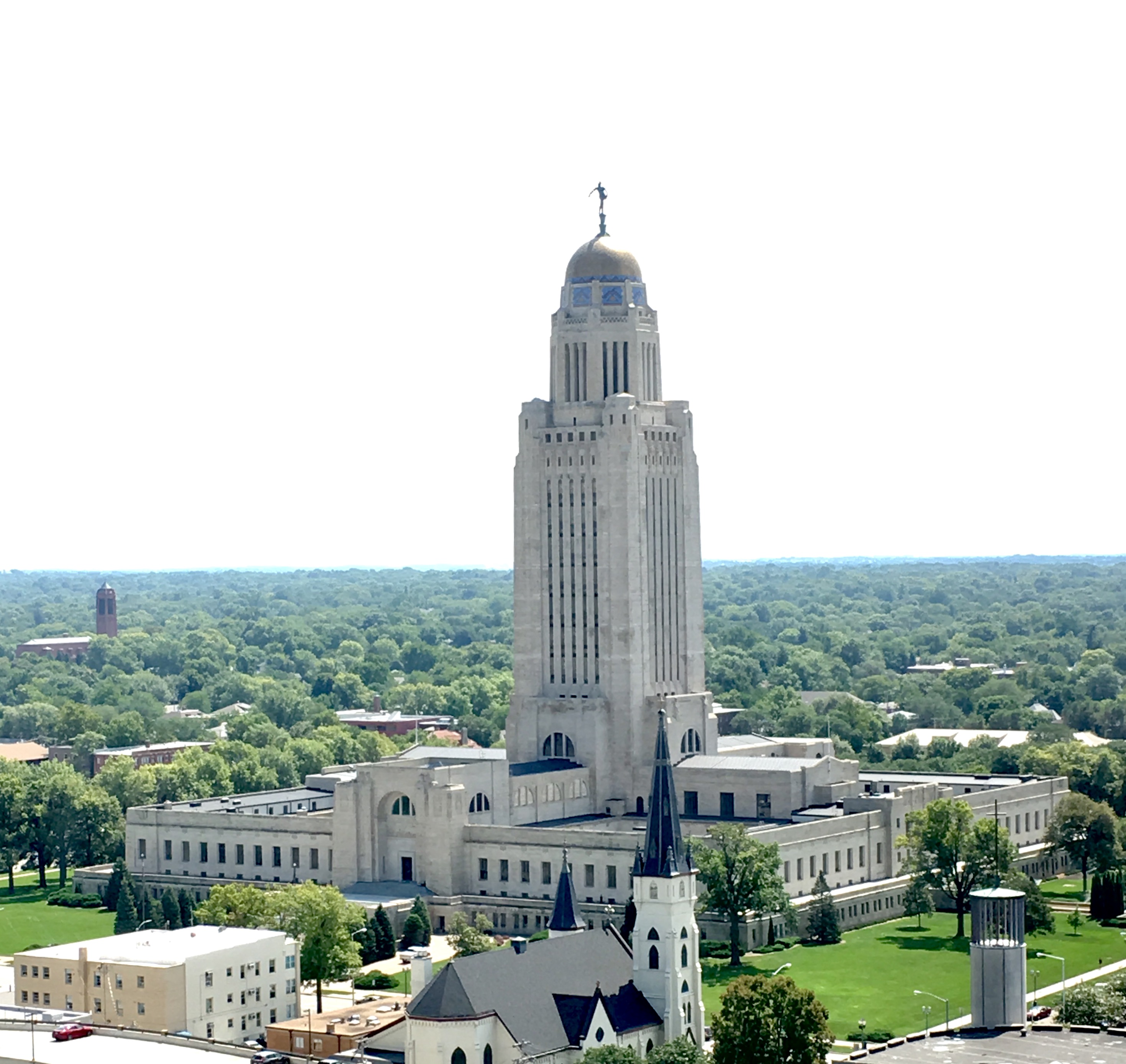On September 10, the Nebraska Supreme Court ruled that the Medical Marijuana Initiative violated the state’s single-subject rule and ordered the secretary of state to remove it from the November ballot.
The court’s ruling came after the secretary of state received written objections to the ballot language of the initiative from several Nebraskan residents. The objectors argued that the initiative violated the state’s single-subject rule because the initiative would allow individuals with serious medical conditions to use marijuana, allow private entities to provide marijuana for medical use, and treat those 18 years or older differently than those 18 years and younger. The objectors argued that there was “no natural and necessary connection” between the provisions. The letter also argued that the initiative “creates confusion and serious doubt regarding the exact nature of the actions that a vote cast in favor of the amendment would authorize.”
On August 28, the Secretary of State Bob Evnen (R) determined the initiative was legally sufficient. He said, “The production and sale of medical cannabis has a natural and necessary connection to legalization of medical cannabis for individual use, which is the primary purpose of the Amendment.” Evnen also argued that the initiative did not need to define “serious medical condition” because the initiative required medical professionals to make that determination.
After Sec. Evnen certified the initiative for the ballot, Lancaster County Sheriff Terry Wagner filed a lawsuit against the secretary’s determination on the same grounds as the written objections. The state Supreme Court disagreed with the secretary’s determination and ruled that the initiative violated the single-subject rule. The Court said:
“As proposed, the [initiative] contains more than one subject–by our count, it contains at least eight subjects. In addition to enshrining in our constitution a right of certain persons to produce and medicinally use cannabis under subsections (1) and (2), in subsections (3) and (4), the [initiative] would enshrine a right and immunity for entities to grow and sell cannabis; and in subsections (6), (7), and (8), it would regulate the role of cannabis in at least six areas of public life. These secondary purposes are not naturally and necessarily connected to the [initiative’s] primary purpose.”
Justices Jonathan Papik and Lindsey Miller-Lerman dissented arguing the initiative did not violate the single-subject rule. In his dissenting opinion, Papik said, “All the details of the [initiative] relate to the same general subject—providing a right to individuals with serious medical conditions to use cannabis to alleviate those conditions. … I am concerned that today’s decision has squeezed the concept of single-subject in art. III, § 2, such that the people’s right to initiative has been diminished.”
The amendment, sponsored by Nebraskans for Medical Marijuana, would have allowed adults, with the recommendation of a licensed physician or nurse practitioner, to use, possess, purchase, and produce marijuana to alleviate a serious medical condition. The initiative would have also allowed children (under 18 years of age), with the recommendation of a licensed physician or nurse practitioner and permission of a parent or legal guardian who is responsible for their healthcare decisions, to use marijuana to alleviate a serious medical condition. Parents of children who use medical marijuana would have been allowed to possess, purchase, and produce marijuana to alleviate their child’s medical condition.
Nebraskans for Medical Marijuana, the sponsors of the initiative, submitted over 182,000 unverified signatures. The secretary of state verified that 135,055 signatures were valid or approximately 74.2%. About 122,000 valid signatures were required.
Nebraskans for Medical Marijuana responded to the ruling saying, “We agree with the Supreme Court’s dissenting opinion, Secretary of State, and Revisor of Statutes that our initiative that nearly 200,000 Nebraskans signed is legally sufficient and should be on the ballot in November.”
The state Supreme Court also ruled on Thursday that a trio of gambling initiatives did not violate the state’s single-subject rule and ordered the secretary of state to place them on the November ballot. The initiatives had been withheld from the ballot by the secretary of state. The initiatives would authorize, regulate, and tax gambling at horse racetracks.
On November 3, Nebraska voters will also decide on an initiative to cap interest rates that payday lenders charge to 36 percent per year, a constitutional amendment removing language allowing slavery or involuntary servitude as criminal punishments, and a constitutional amendment that increases the repayment period for tax increment financing from 15 to 20 years for extreme blight.


